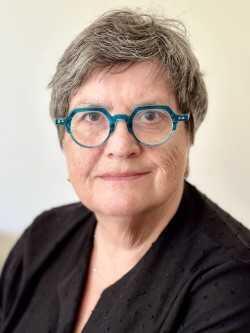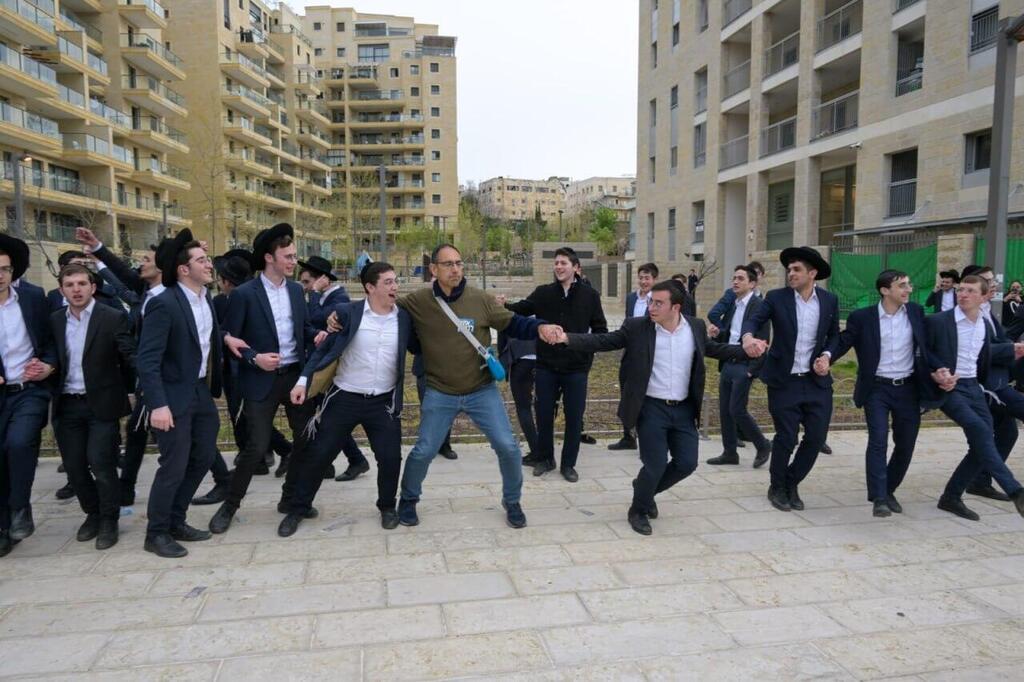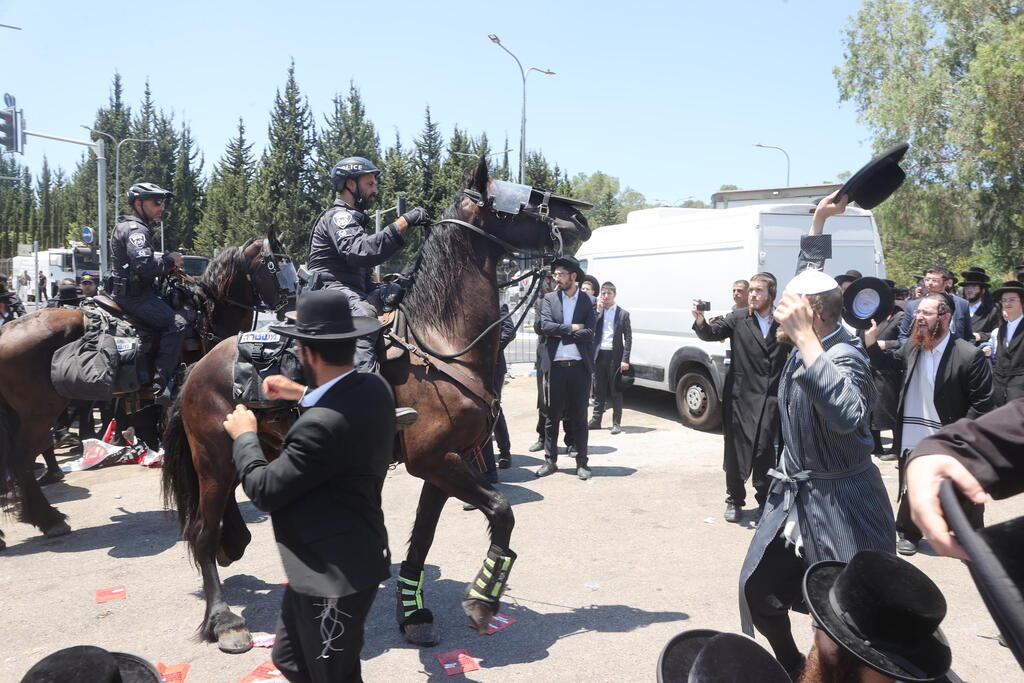Getting your Trinity Audio player ready...
I volunteer a little, teaching English to people who left the ultra-orthodox community. Every encounter with a student fills me with emotions – anger at the State which forced ignorance upon them and thus caused harm to them and to itself, admiration for the courage required to face the unknown, and respect for the huge effort they make to bridge the gap.
And what a gap! They are like emigrants in their own country, recently arrived from another land. From experience or close knowledge of olim (new immigrants to Israel), we know that in addition to learning a new language and locating suitable housing, one must find work and adjust to it, all while trying to compensate for the absence of a prior support network.
Each culture has its own terms, its own humor, its own customs. Until an emigrant is fully familiar with those, his ability to blend in and to utilize his abilities is limited. This is why there are engineers from one country who work as street cleaners in another, hoping that the next generation will have a better life, and there are those who came to live in Israel many years ago and appear to be fully integrated, yet all their friends are "from home" because they are more comfortable with them.
Now imagine someone who left Haredi society. He appears to speak the language but the impression that he is a real local is misleading. He is not familiar with the unwritten rules on looking for work or finding a romantic partner – you enter a pub, and then what? In all likelihood, his employment will match the dry facts about education and experience which he can provide to a potential employer, rather than his personal skills. This is why the bright young woman who could rise to the top of every field finds herself caring for old people, and the man who was no longer satisfied with full time religious studies at yeshiva spends his day arranging and rearranging supermarket shelves.
Aside from earning a living and conducting a personal life, there are those who insist on studying, be it mathematical formulae or letters, words and rules of a foreign language, in order to advance and realize their potential, partially if not fully. A thirty something year old who returns home after a long day at work, spends time with the children and then, instead of watching something relaxing on a screen, gathers strength and begins from ABC, like a third or fourth grader – such determination deserves much respect.
 Tova Herzl
Tova HerzlIt should be noted that the law does not permit voluntary organizations geared to help those who leave ultra-Orthodox society to provide services to those under 18, and are by definition minors who are wards of their parents. Whoever leaves the Haredi world at a younger age (regardless of reason, be it loss of faith, learning difficulties or any other incompatibility) may be helped by structures dealing with troubled youth, and those appear to be currently inadequate.
There is much discussion about Haredim and the army, about continued support of yeshivot and of their students, and about other issues relating to their role in the country and their relations with its institutions. It behooves us to also keep in mind the group which left that world, people among us who face many challenges in their desire to become an integral part of Israeli society. Their limited ability to do so is long term collateral damage of decisions made by politicians, to their detriment and to the detriment of our entire society.
- Tova Herzl is a former Israeli ambassador to South Africa and the Baltic countries, and served as liaison between the U.S. Congress at the Israeli Embassy in Washington




